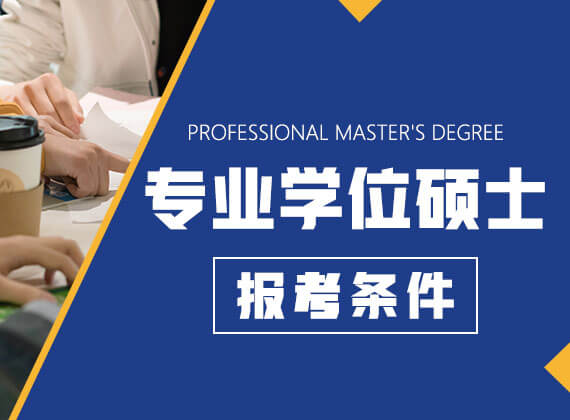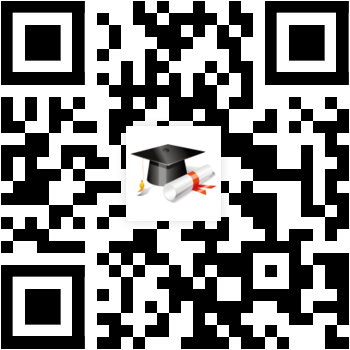同等学力申硕英语日常练习
来源:在职研究生招生信息网 发布时间:2015-04-21 16:23:28
Many people wrongly believe that when people reach old age, their families place them in nursing homes. They are left in the __1__ of strangers for the rest of their lives. Their grown children visit them only occasionally, but more often, they do not have any __2__ visitors. The truth is that this idea is an unfortunate myth __3__ story. In fact, family members provide over 80 percent of the care __4__ elderly people need. Samuel Prestoon, a sociologist, studied how the American family is changing. He reported that by the time the __5__ American couple reaches 40 years of age, they have more parents than children. __6__ , because people today live longer after an illness than people did years __7__ , family members must provide long term care. More psychologists have found that all caregivers share a common characteristic: All caregivers believe that they are the best __8__ for the job. In other words, they all felt that they __9__ do the job better than anyone else. Social workers __10__ caregivers to find out why they took on the responsibility of caring for an elderly relative. Many caregivers believed they had __11__ to help their relative. Some stated that helping others __12__ them feel more useful. Others hoped that by helping __13__ now, they would deserve care when they became old and dependent. Caring for the elderly and being taken care of can be a __14__ satisfying experience for everyone who might be __15__.
1. A. hands B. arms C. bodies D. homes
2. A. constant B. lasting C. regular D. normal
3. A. imaginary B. imaginable C. imaginative D. imagery
4. A. that B. this C. those D. these
5. A. common B. ordinary C. standard D. average
6. A. Further B. However C. Moreover D. Whereas
7. A. before B. ago C. later D. lately
8. A. person B. people C. character D. man
9. A. would B. will C. could D. can
10. A. questioned B. interviewed C. inquired D. interrogate
11. A. admiration B. initiative C. necessity D. obligation
12. A. cause B. enable C. make D. get
13. A. someone B. anyone C. everyone D. anybody
14. A. similarly B. differently C. mutually D. certainly
15. A. involved B. excluded C. included D. considered
答案与解析:
1.A. in the hands of“由……控制或照料”,固定搭配。
2.C. regular“定期的、有规律的”;normal“正常的”;constant“经常的”;lasting“持续的”,这里指定期来看望的人。
3.A. imaginary“不真实的、虚构的”;imaginable“可想象的”;imaginative“富于想象力的”;imagery意为肖像。
4.A. that引导定语从句。
5.D. average指一般、通常的情况;common表示“普通的”,强调大部分;ordinary与special相对立,强调普遍性;standard“标准的”。
6.C. 用moreover“而且”,表示两句间递进的关系。如果further加上more,也表示递进关系。
7.B. ago“以前”,指从现在算起;before是从过去某个时刻算起。
8.B. 这里要用复数,故选people。
9.C. would表示一种意愿,can表示能力。主句是过去时,故选could。
10.B. questioned和inquired表示“询问、疑问”;interrogate“审问”。故interviewed“面试、访问”符合句意。
11.D. obligation“责任、义务”;admiration“羡慕”;initiative“首创的,开始的”;necessity“必要性”。本句与上句意思相近,故选obligation。
12.C. make sb do sth.表示“使某人……”,符合句意。
13.A. someone在这里泛指某个人。Anyone、anybody指任何人,everyone指每个人。
14.C. mutually“共同地”;similarly“同样地、相似的”;differently“不同地”;certainly“当然地”。只有共同地符合句意。
15.A. involved“涉及、牵涉到”;included“包含”;excluded“排除在外、不包括”;considered“考虑到”。
上一篇: 一月MBA考试逻辑学经典试题解析
下一篇: 同等学力申硕教育学日常练习—简答题























